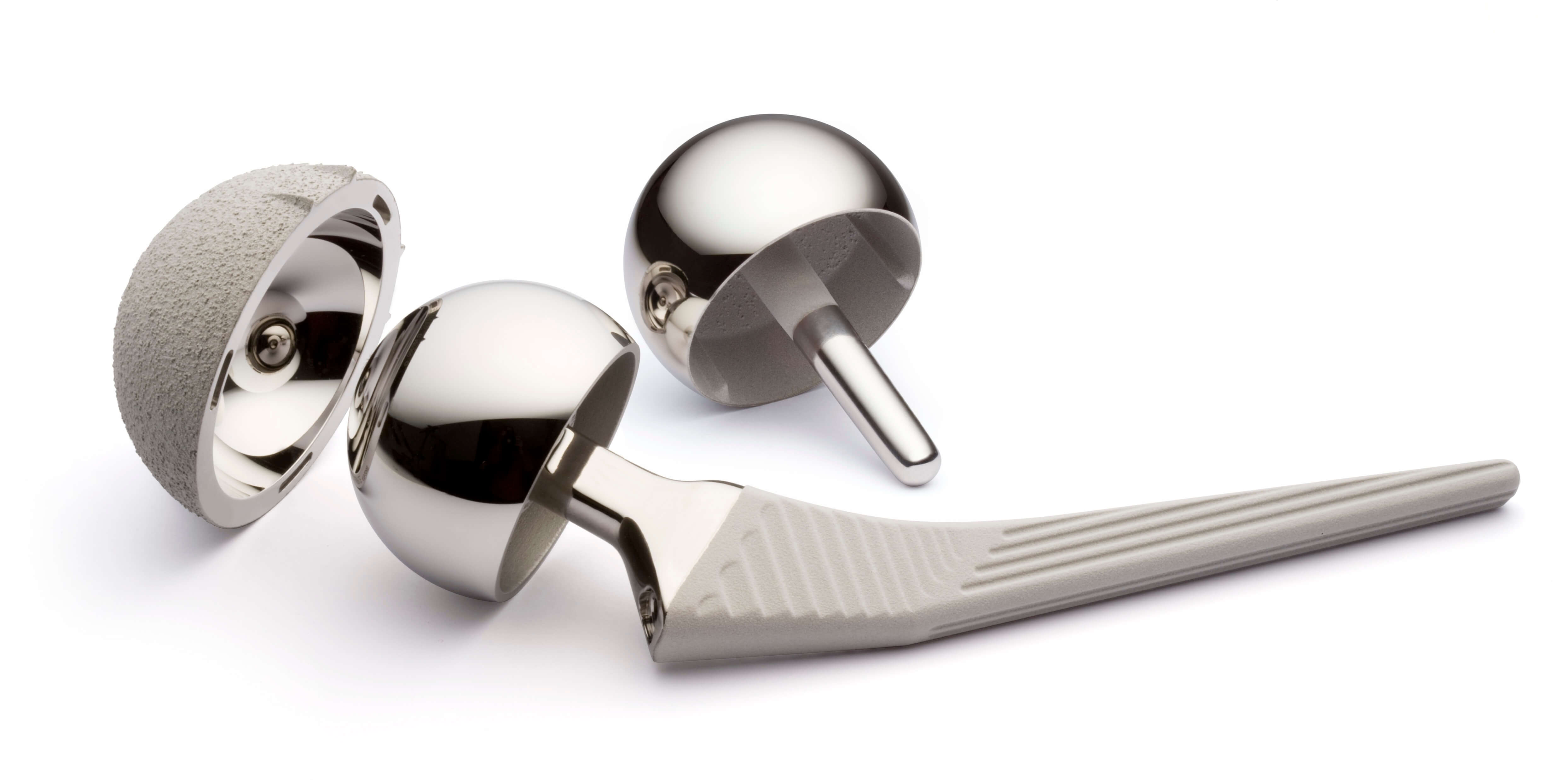When the third Pinnacle hip implant trial began in early October, the jury might not have imagined the case would be as complex as it is. The stakes are high for both sides as they enter in to the sixth week of proceedings.
DePuy Orthopedics and its parent company, Johnson & Johnson (J&J), currently face more than 8,000 Pinnacle hip implant lawsuits, whose plaintiffs eagerly await the outcome of the third trial. So far, plaintiffs and defendants have each won a bellwether trial, making this third case an important tiebreaker. If DePuy and J&J lose the third trial, they might consider settling the remaining cases before the fourth trial begins.
So far, both sides have called a variety of expert witnesses, including scientists and engineers employed by DePuy, doctors and surgeons, and company executives. Plaintiffs have worked hard during the trial to point out both flaws in DePuy’s clinical trial data and the amount of compensation doctors receive for advocating for the product.
Plaintiffs believe the implants are unreasonably dangerous and that DePuy and J&J failed to warn doctors and patients of the risks associated with the devices. Many patients with Pinnacle hip implants suffer a condition called metallosis, which occurs when the metal on metal friction of the hip implant sheds metal ions into the bloodstream. This can cause heart problems like heart failure, psychological changes including depression and anxiety, visual and cognitive impairment, nerve problems, thyroid problems, and auditory impairment, among other symptoms.
The previous bellwether trial, which concluded in May, found DePuy and J&J guilty of gross negligence and awarded the five plaintiffs $502 million in damages. While this award was reduced to $152 million in accordance with Texas law, that type of reduction will not happen in the third trial. Although the case is being litigated in Texas, the plaintiffs are all from California, which means California law will be applied throughout the proceedings. Because California has no damage cap limits, any verdict awarded by the jury will stick.
J&J is likely still reeling from the $70 million baby powder verdict awarded against the company last month, marking its third loss in the talc litigation this year. Although the company reported growth in 2016, this year is adding up to be one of the most costly for the company.

